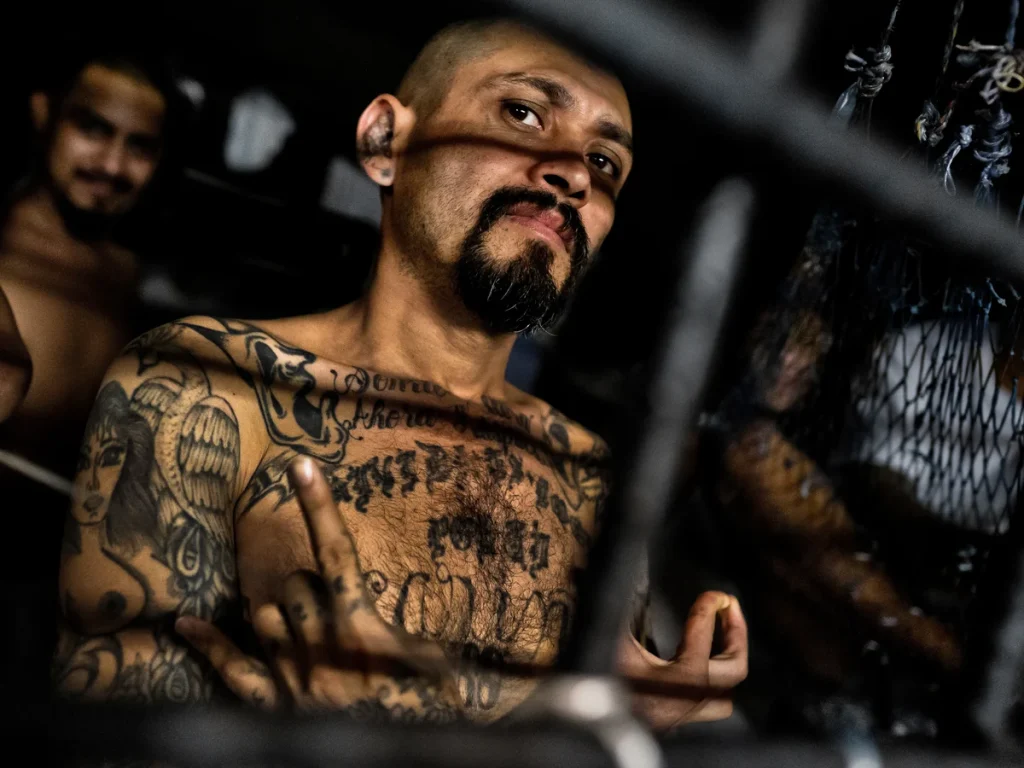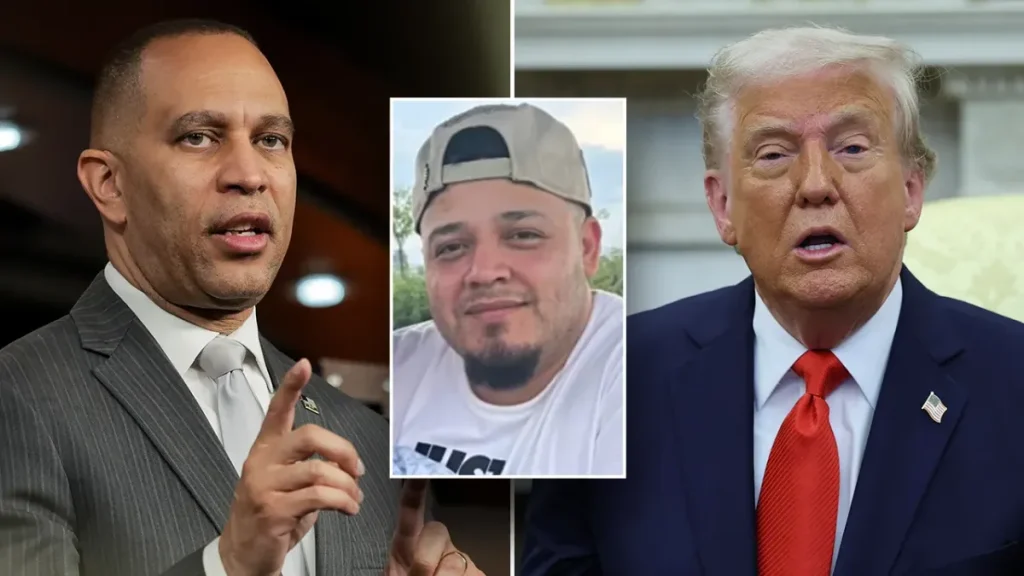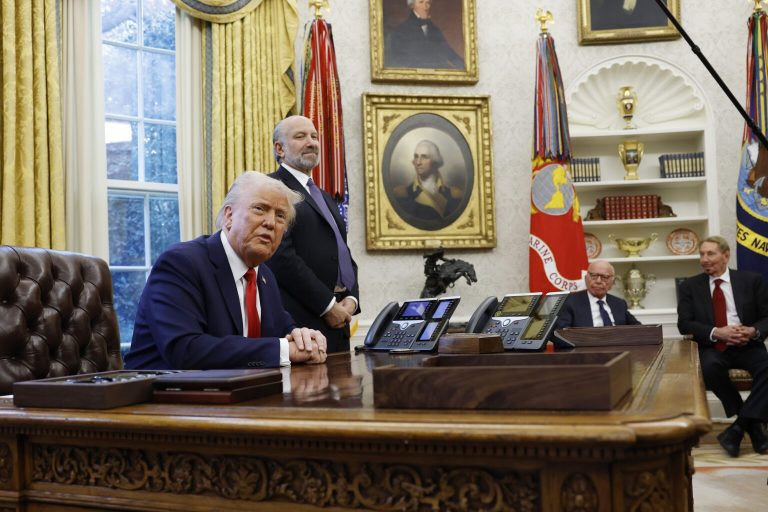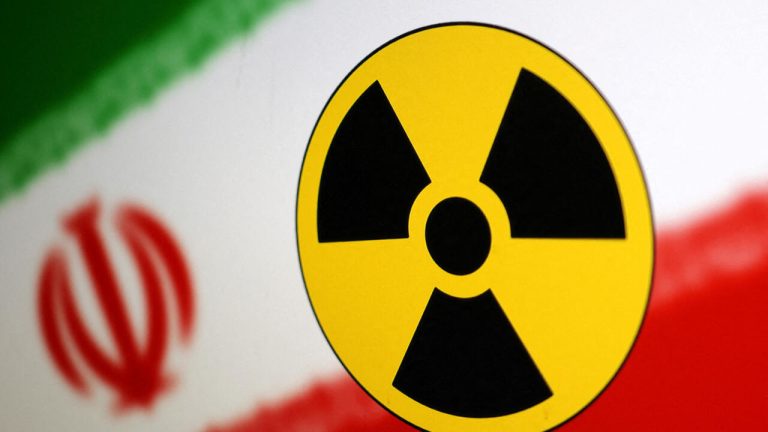
House Minority Leader Hakeem Jeffries is facing intense backlash over a controversial demand that could shake the foundations of America’s immigration and justice systems. Reports suggest Jeffries is urging legal authorities to bring back a previously deported MS-13 gang member—a move critics call both dangerous and politically motivated.

The individual in question is not just any deportee. He is reportedly affiliated with MS-13, a transnational gang known for violent crimes including murder, trafficking, and extortion. Despite his criminal background, Jeffries is allegedly insisting on his return to the U.S., under the protection of the American legal system.
This situation has sparked a growing debate: is this about upholding law and human rights, or about protecting assets that serve hidden agendas?
What Is MS-13 and Why Is It So Controversial?
MS-13, also known as Mara Salvatrucha, is more than a street gang—it operates like an organized crime network with deep international ties. Their motto, “Kill, Rape, Control,” reflects a brutal operational style that has terrorized neighborhoods across the U.S. for decades.
Despite widespread awareness of MS-13’s violent history, some political figures have downplayed the threat they pose. In 2018, for instance, Nancy Pelosi referred to gang members as “God’s children,” sparking criticism from those who see such rhetoric as out of touch with the real danger these groups present.
So why would anyone advocate for the return of someone tied to such an organization?
The Global Agenda Behind MS-13 Protection
Many believe MS-13 plays a strategic role in a broader political and globalist agenda. The gang is often linked to human trafficking, drug smuggling, and voter manipulation through fear and violence in immigrant communities. Their presence destabilizes neighborhoods while allegedly helping to funnel money and power into the hands of corrupt networks.
To some observers, MS-13 functions less like a gang and more like an enforcement arm of larger, more powerful interests. This theory suggests they are used to maintain chaos, suppress dissent, and enable illicit financial and political activities.
Hakeem Jeffries raises the stakes, demanding the Trump administration return a deported El Salvadoran gang member to the U.S.pic.twitter.com/SVgNuWMYE4
— Department of Government Efficiency News (@DOGE__news) April 15, 2025
President Bukele’s Bold Stand Against U.S. Pressure
When the Trump administration deported an MS-13 member back to El Salvador, President Nayib Bukele refused to allow him to return to the U.S. Bukele, who has taken a strong stance against gang violence in his country, has overseen mass arrests and cracked down on criminal networks with military-style precision.
His refusal sent a strong message—and it didn’t go over well with certain international organizations and U.S. political figures. NGOs, human rights groups, and progressive media outlets quickly criticized Bukele, claiming he was denying due process. But supporters argue he was simply protecting his nation—and indirectly, the United States—from further harm.
Jeffries’ Legal Threats Spark Concern Over Judicial Integrity
Following Bukele’s refusal, Hakeem Jeffries reportedly called on U.S. courts to force the return of the gang member. He also suggested holding former Trump officials in contempt—including figures like Marco Rubio and Pam Bondi—for enforcing existing immigration laws.
This move has alarmed many who see it as a dangerous politicization of the justice system. Rather than respecting the rule of law, critics argue Jeffries is leveraging judicial power to advance a political agenda and protect individuals who could pose serious risks to public safety.
Are American Courts Being Used as Political Tools?
Jeffries’ remarks have led to growing concerns that the U.S. judicial system is no longer impartial. Critics argue that courts are being weaponized—not to protect American citizens—but to carry out the goals of unelected elites who treat criminals as assets and law-abiding Americans as obstacles.
This development has intensified fears that the legal system is being repurposed to serve political interests instead of justice and national security.
Final Thoughts
The debate surrounding Hakeem Jeffries and the MS-13 gang member is more than a political squabble—it’s a reflection of deeper issues involving immigration, public safety, and the role of the judiciary in American life. As this story unfolds, many are asking the same question: who is the justice system really protecting?




